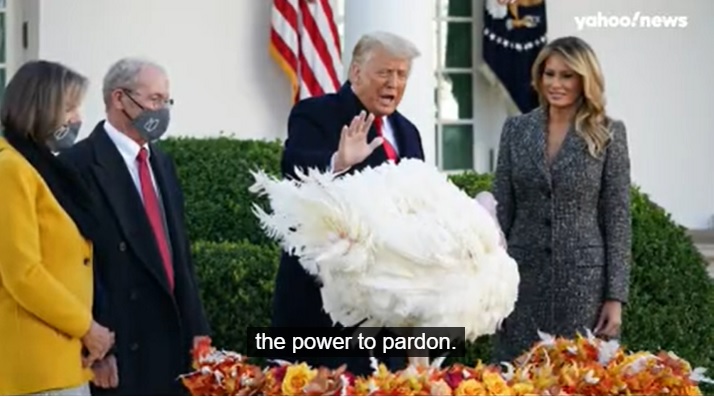President-elect Joe Biden will face enormous decisions on how to move the country forward when he takes office on Jan. 20. One of the most significant, and likely contentious, choices will be whether his administration should open criminal investigations into President Trump.
For the past four years, Trump has been shielded from prosecution by the office of the presidency, but those protections go away once he becomes a civilian again. In addition to an existing investigation into potential financial crimes in New York City, legal experts see a number of potential criminal acts for which Trump could be prosecuted at the federal level — including obstruction of justice, tax evasion, bribery and campaign finance law violations.
During the campaign, Biden said he wouldn’t instruct his Department of Justice to prosecute Trump, but also wouldn’t block it from charging him “if that was the judgment.” More recently, reports suggest Biden’s preference is to “move on” and focus on his plans for the country. Vice President-elect Kamala Harris said the DOJ would have “no choice” but to pursue charges against Trump during an interview last year when she was a presidential candidate.
No former president has been prosecuted in American history. Recent examples have trended in the other direction. Gerald Ford pardoned his predecessor, Richard Nixon. Barack Obama chose not to investigate the George W. Bush administration for allegations of the use of torture to interrogate terror suspects. “We need to look forward as opposed to looking backwards,” Obama said shortly before taking office in 2009.
Why there’s debate
Advocates for investigating and potentially prosecuting Trump say his actions threatened the stability of U.S. democracy and cannot go unpunished. They argue moving on for the sake of national unity would undermine the American ideal that no person is above the law and may set the stage for even more egregious criminality by presidents in the future.
CLICK HERE TO READ FULL ARTICLE ON YAHOO POLITICS


